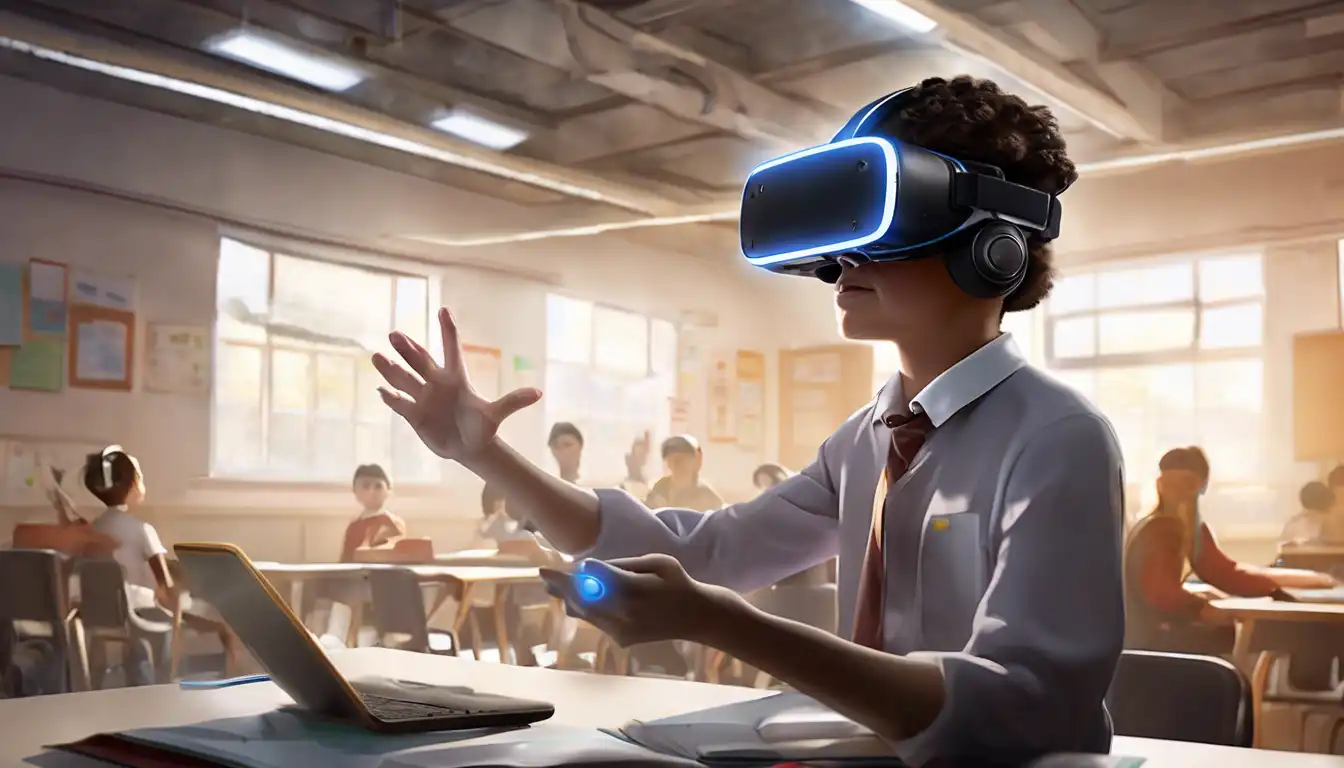The Revolutionary Impact of Virtual Reality on Learning and Skill Development
Virtual Reality (VR) technology has transcended its initial entertainment-centric applications to become a pivotal tool in education and training. By immersing users in a simulated environment, VR offers an unparalleled interactive learning experience that traditional methods cannot match. This article delves into the potential of VR in revolutionizing how we learn and acquire new skills.
Why VR is a Game-Changer in Education
VR's immersive nature facilitates a hands-on learning approach, making complex concepts easier to grasp. For instance, medical students can perform virtual surgeries, gaining valuable experience without the risks associated with real-life procedures. Similarly, history classes can transport students to ancient civilizations, making learning more engaging and memorable.
Enhancing Professional Training with VR
Beyond academia, VR is transforming professional training across industries. From flight simulators for pilots to virtual customer service scenarios, VR enables professionals to hone their skills in a safe, controlled environment. This not only improves learning outcomes but also significantly reduces training costs and risks.
The Benefits of VR in Education and Training
- Engagement: VR's interactive nature keeps learners engaged, improving retention rates.
- Accessibility: With VR, learners can access experiences and locations beyond their physical reach.
- Safety: High-risk professions can train employees without exposing them to danger.
- Cost-Effectiveness: Virtual training reduces the need for physical materials and travel.
Challenges and Considerations
Despite its benefits, VR in education and training faces hurdles such as high initial setup costs and the need for technical expertise. Additionally, ensuring content quality and avoiding over-reliance on technology are crucial for maximizing VR's potential.
Looking Ahead: The Future of VR in Learning
As VR technology becomes more affordable and accessible, its adoption in education and training is expected to soar. Innovations like AI integration and haptic feedback will further enhance the learning experience, making VR an indispensable tool in the future of education.
For more insights into the latest educational technologies, explore our technology trends section.
